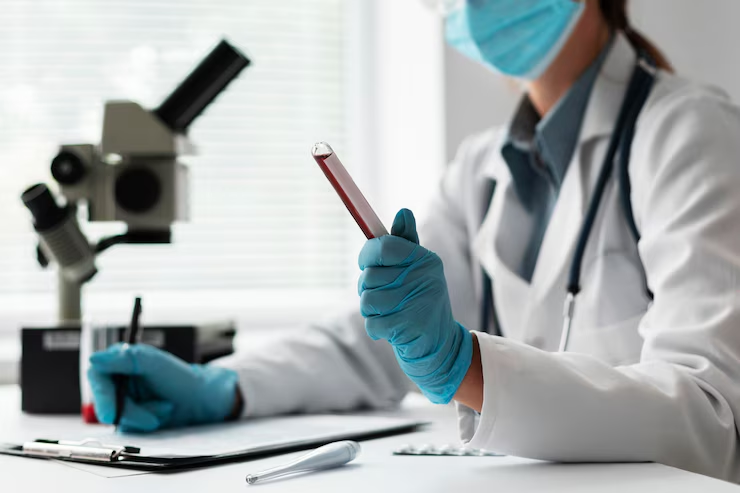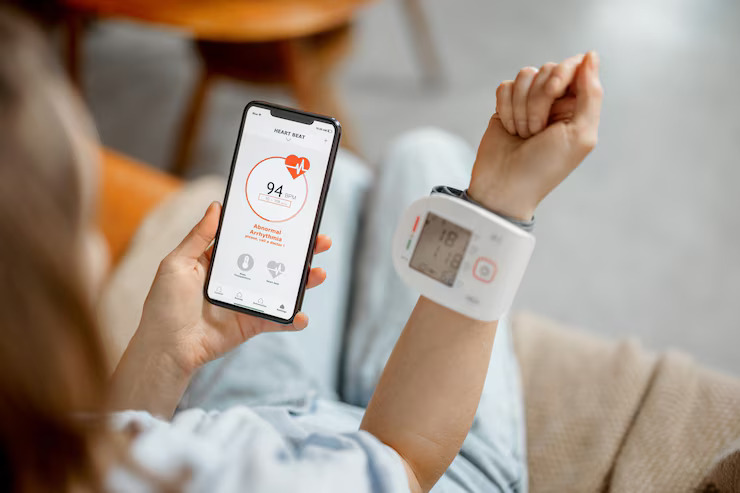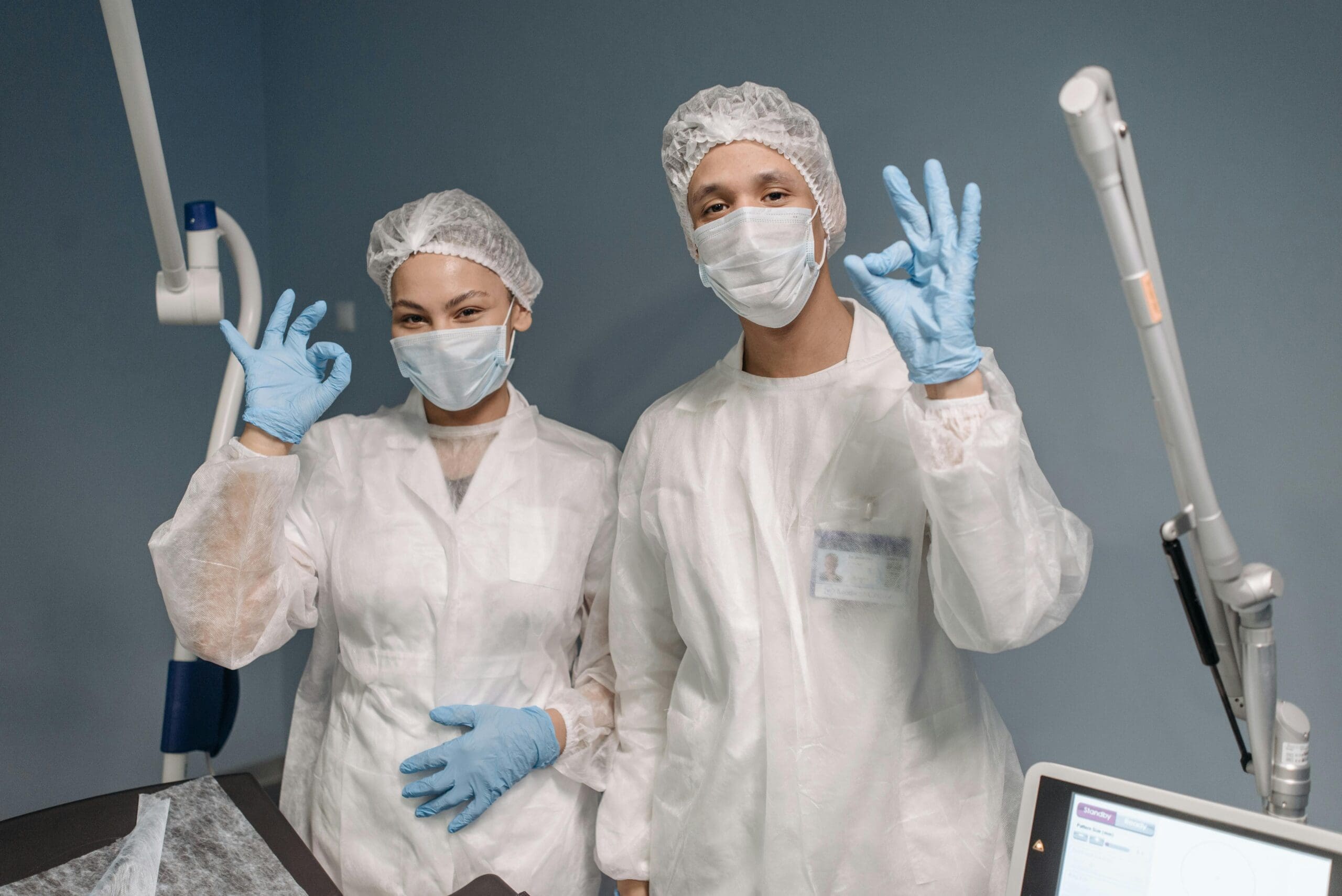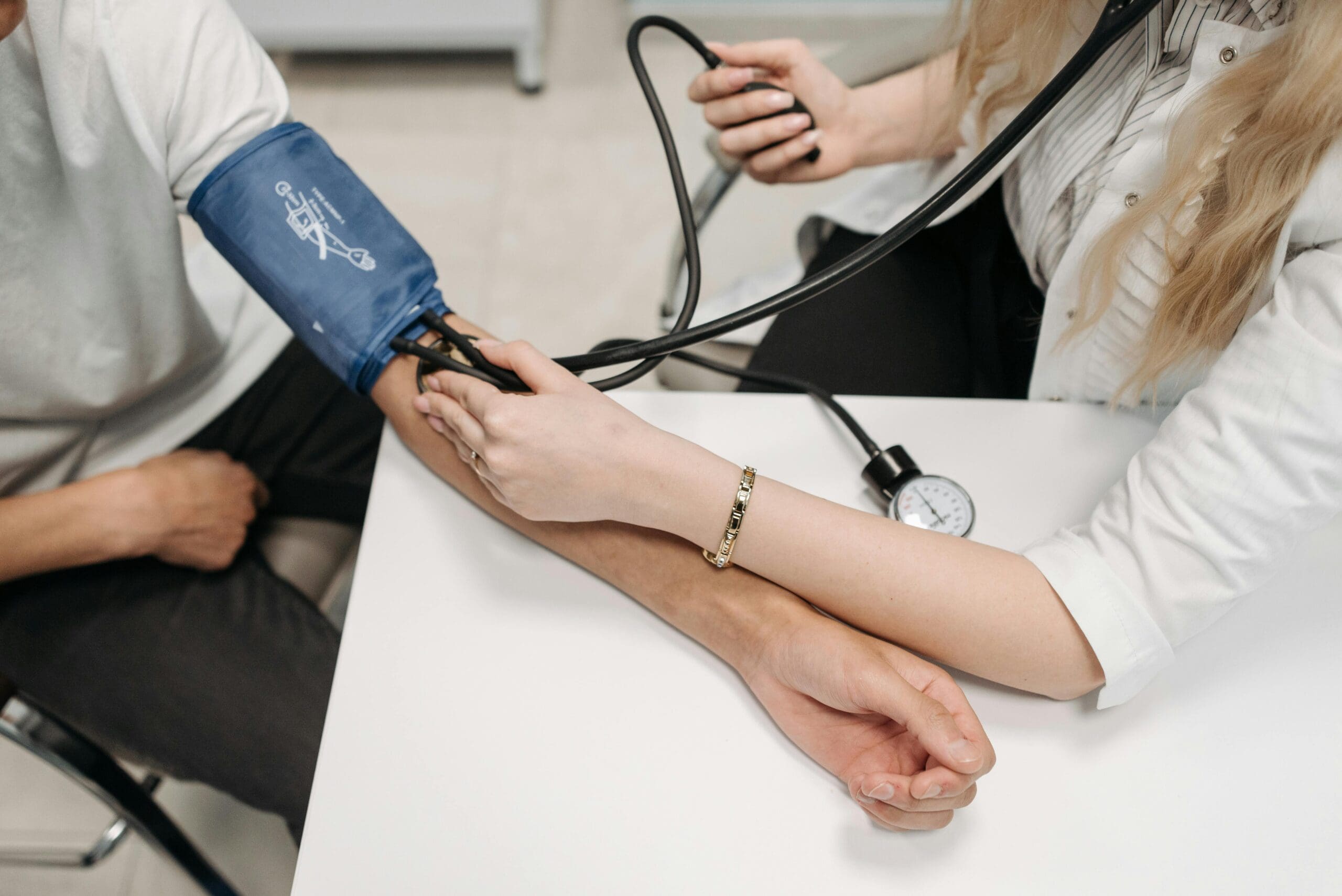The field of clinical research has witnessed a significant transformation in recent years, thanks to the rapid advancement of technology. One such technological breakthrough is the use of wearables and biosensors in clinical trials. These devices, ranging from smartwatches and fitness trackers to implantable sensors, offer unprecedented opportunities to collect real-time, objective data from patients participating in clinical studies. This blog explores how the use of wearables and biosensors is revolutionizing clinical trials and the potential benefits they bring to the field of healthcare.
Enhanced Data Collection and Monitoring
Traditionally, clinical trials have relied heavily on subjective self-reporting by participants or intermittent assessments conducted by healthcare professionals. This approach has limitations, such as recall bias and the inability to capture real-time data. Wearable devices equipped with biosensors overcome these limitations by continuously monitoring various physiological parameters, including heart rate (HR); blood pressure (BP); sleep patterns; physical activity; and even electrocardiograms (ECG).
Real-Time Insights and Improved Safety
By providing continuous, real-time data, wearables and biosensors enable researchers and healthcare providers to gain valuable insights into participants’ health and well-being throughout the duration of a clinical trial. This allows for early detection of adverse events or changes in health conditions, improving participant safety. For example, if a participant’s heart rate or blood pressure exceeds predetermined thresholds, an alert can be sent to the heart rate or blood pressure exceeds predetermined thresholds, and alert can be sent to the research team, enabling immediate intervention and reducing the risk of complications.
Objective Outcome Measures
The objective measurement of health parameters through wearables and biosensors ensures the collection of accurate and reliable data. This is particularly crucial when assessing treatment efficacy and determining clinical endpoints. Objective outcome measures not only minimize the reliance on self-reporting but also reduce bias, leading to more robust and conclusive study results. Furthermore, these devices can track medication adherence, which is often a challenge in clinical trials, providing researchers with vital information about treatment compliance.
Improved Participant Engagement and Retention
Engaging and retaining participants throughout a clinical trial is essential for successful research outcomes. Wearables and biosensors have proven to enhance participant engagement by involving them in their own healthcare journey. These devices empower individuals to actively monitor their health status and lifestyle choices, leading to increased awareness and motivation for better health outcomes. The real-time feedback and visualizations offered by wearables also foster a sense of persona connection, making participants more likely to remain committed to the trial protocol.
Remote and Decentralized Clinical Trials
The integration of wearables and biosensors enables the implementation of hybrid, remote and decentralized clinical trials (DCTs). Participants can wear these devices in the comfort of their own homes, eliminating the need for frequent visits to clinical sites. This approach enhances accessibility and convenience for patients, particularly those with limited mobility or residing in remote areas. Remote monitoring also reduces the burden on healthcare professionals, streamlines data collection and improves overall trial efficiency.
Challenges and Future Directions
While the use of wearables and biosensors in clinical trials holds immense promise, several challenges need to be addressed. Data privacy and security concerns; standardization of data collection, accuracy and analysis methods; distribution; patient compliance and support; and regulatory considerations are among the key hurdles that researchers and regulatory bodies are actively working to overcome.
Looking ahead, the future of wearables and biosensors in clinical trials appears to not only be promising, but a path for the industry to successfully move into the future. The development of more advanced sensors, integration of artificial intelligence (AI) algorithms for data interpretation and the potential use of wearables in the diagnosis and monitoring of chronic diseases are some exciting areas of exploration.
“Get In on the Ground Floor” with Delve Health
The incorporation of wearables and biosensors in clinical trials marks a significant turning point in the field of clinical research and digital healthcare at-large. These devices provide researchers with objective, real-time data, enhancing the accuracy and reliability of study outcomes. The benefits extend beyond data collection; promoting participant engagement; patient safety and convenience; and study staff efficacy. As technologies continue to advance and challenges are addressed, we can anticipate a continued boom in the use of wearables and biosensors, leading to more efficient, patient-centric and impactful clinical trials.
Delve Health has seen the potential all along, which is why our end-to-end technology platform was built, from the ground up, to leverage the benefits of these technologies. Our agile solutions have been around for six years—unlike many who are new to the market. Our experiences and updates put us in a “cutting-edge” position and our expertise with device-agnostic, wearable integration helps ensure your next clinical trial will be successful.






































